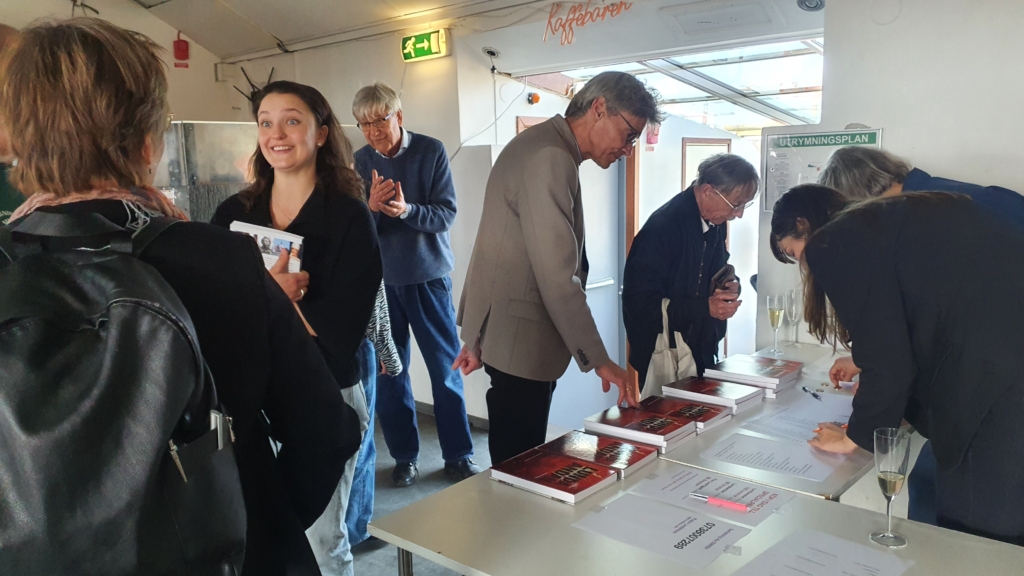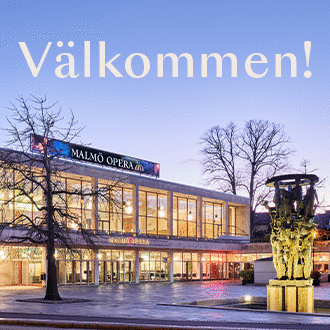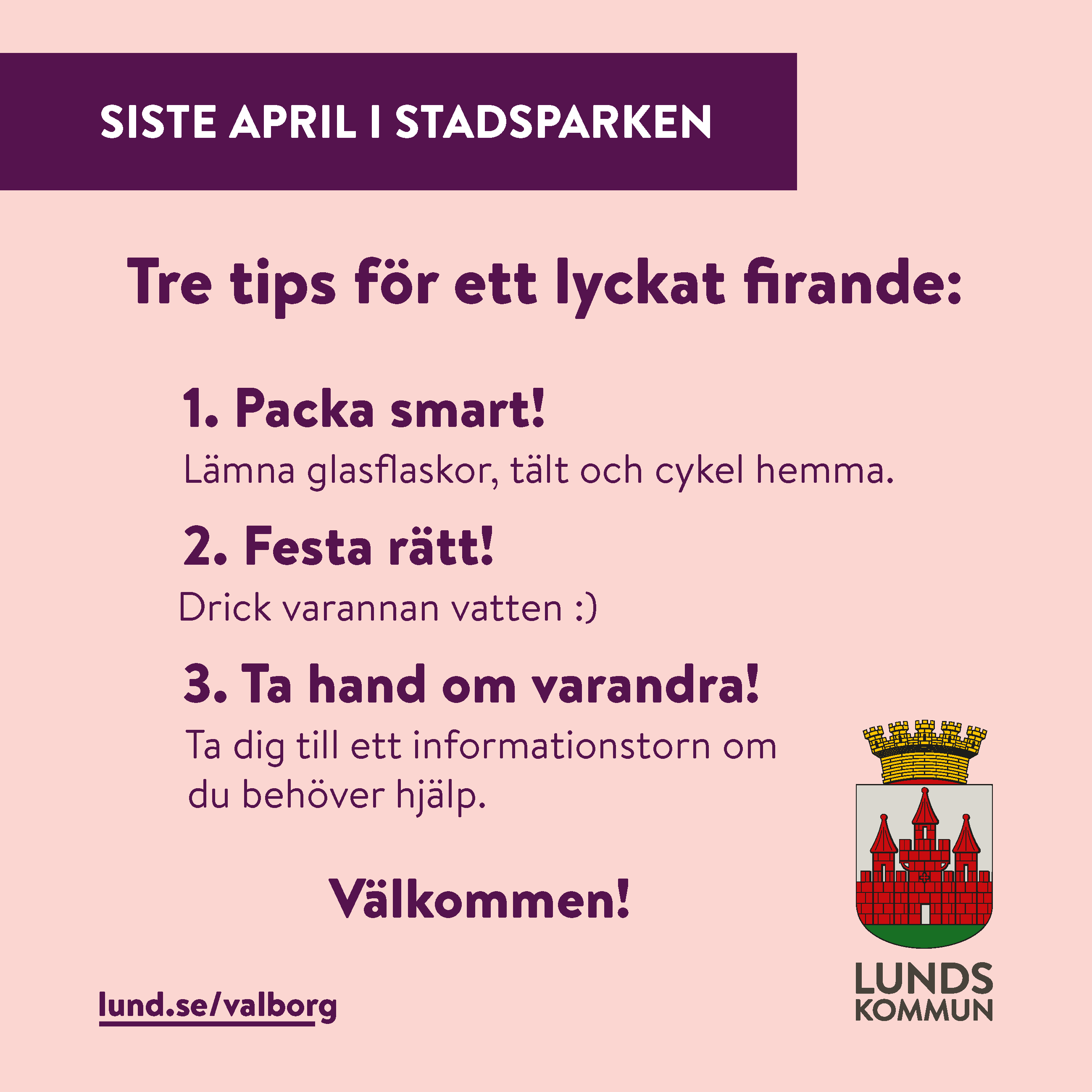On the 12th of April, a modest release party for the newly translated book "A handbook in the Lund spirit – if it exists" took place at Lund Nation's penthouse. Lundagård reported from the event.
I am welcomed by a senior Swedish crowd as I enter the room, so I wait for a little “bubbel” (sparkling wine) to break the tension. Honestly, I have no idea what the editors look like so I try to interview the most social-looking person in the room, who happens to be Per Lindström, one of the editors of Lundaandan and a former editor at Lundagård.
“The first time we branched the question of whether there is a special Lund spirit was late in the evening more than ten years ago”, the editors write in the foreword to the book. When I tell Per Lindström that I write articles for international students, he excitedly directs me to the translator of the book, Alan Crozier.
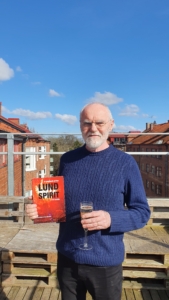
Photo: Kuzey Yanartas
“There was no reason to choose anything different. You can talk about the Cambridge spirit, the Oxford spirit, so why not the Lund Spirit? … if it exists”, chuckles Alan Crozier when asked about the translation of the title. He continues, “When people (international students) arrive, they probably don’t understand any Swedish. So it is a useful way to learn about the place you’ve just come into. You learn quite a lot about the past because most of the articles in the book are looking back to what the Lund spirit has meant over the years.”
I find Per Lindström once again with the intention of an interview. However, he diverts me to the other editor of the book, Göran Bexell, who is a professor of ethics and a former chancellor of Lund University. “We are perhaps the most popular university for foreign students in Sweden, and now they have a book on the Lund spirit that they can take home and read when they are old”, says Göran Bexell. He continues: “The main characteristics of the Lund Spirit are humour and seriousness and an attempt to combine them. But there are also other characteristics which you can read in the book.”
I ask him about the role of international students in the making of the Lund spirit to which he answers, “I hope all these foreign students and their international experiences from different countries and universities will contribute to the development of the Lund spirit.”
Then a small presentation about the book starts and some of the personalities in the book are presented. I think to myself, how there can be no “young student”-personalities at the release party of a book that is about the Lund spirit. However, the president of the student union Emmy Svensson, who is 24 years old, makes her way to the stage and I stand corrected. After the presentation, I glide through the crowd and catch Emmy Svensson for an interview.
“Hopefully this book will make people want to come here, be a student at Lund University and be a part of this community“, says Emmy Svensson. She proceeds: “The Lund spirit should not be something we keep to ourselves but something that we spread to the world.” Then I ask her whether she thinks the international students are a part of this Lund spirit, to which she answers “It is the same for international students as for Swedish students. You can come to Lund just to study and then you can leave, or you can come to Lund and be a part of the Lund spirit. You have to make an active choice but everyone can do it.”
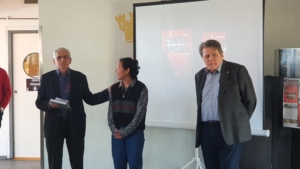
Per Lindström together with the
Student Union chairman, Emmy Svensson.
Photo: Kuzey Yanartas
Finally, I ask her to describe what is meant by the word “spirit”. “Spirit is the possibility to be able to be a part of something bigger… you put your faith in people and hopefully everything works out”, says Emmy Svensson. Which I think is an optimistic summary of the Lund spirit and concludes this release party on a positive note.


